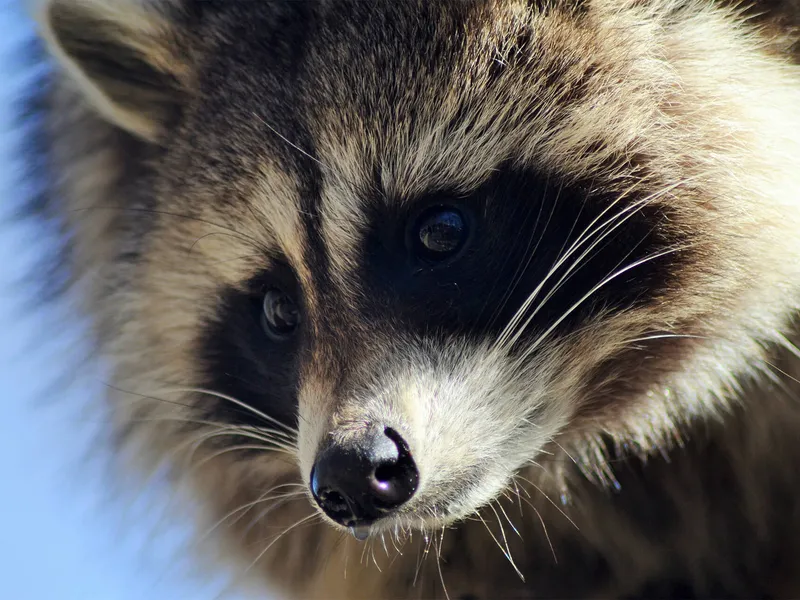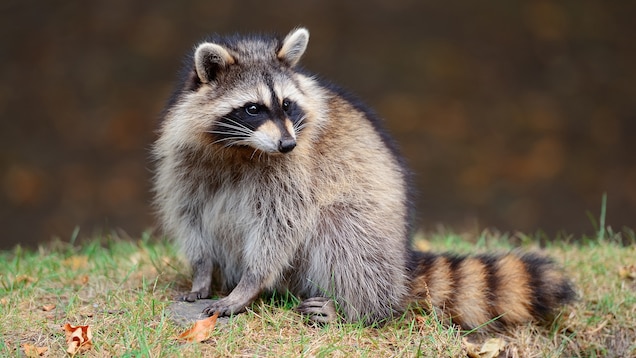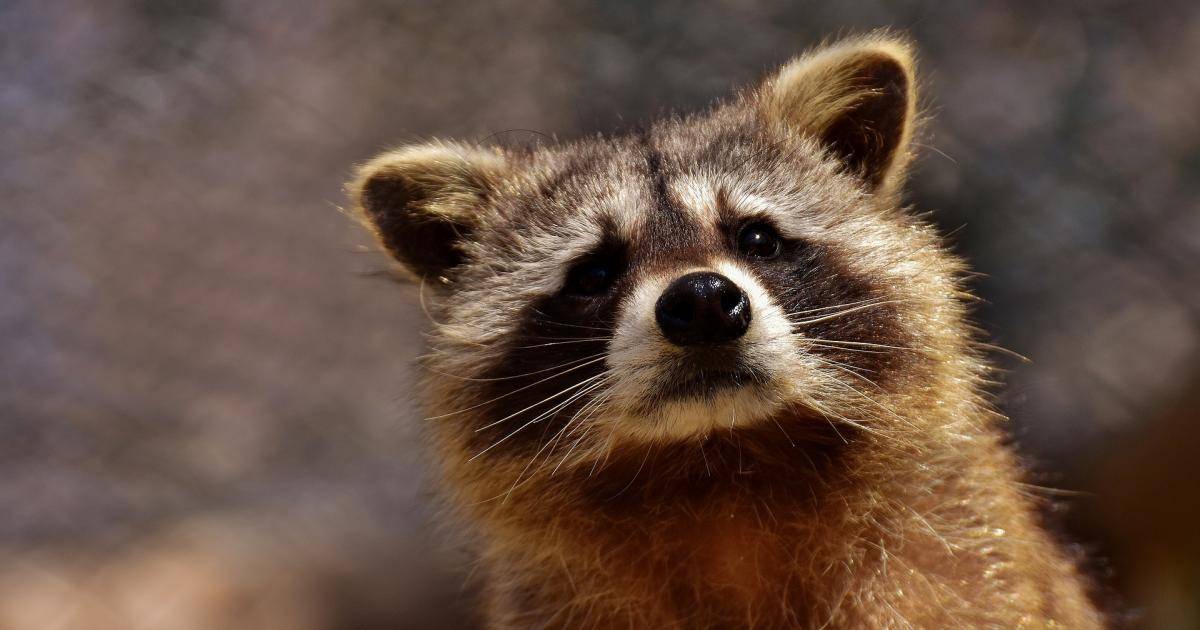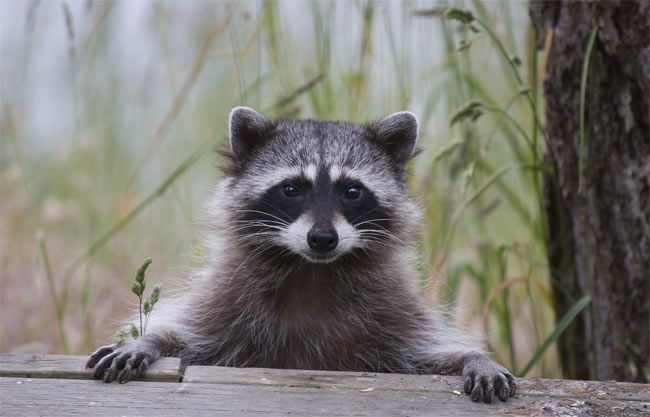- CALL US: 905.318.1242
Raccoons
Raccoons
Raccoons Can Be An Annoyance, Destructive, and a Health Risk!
Raccoons are a species that have a reputation for being destructive to property and a nuisance. Because of their ability to live near humans, their diverse diet, and denning habits, raccoons are often considered to be a problem as the damage and nuisance problems may be significant. These bandits can get into garbage cans and create a mess, as well as move into attics to reproduce or stay warm during the winter.
Raccoons are a threat to poultry, damage structures, homes, and gardens, and become vicious if trapped. They can also be a health hazard to people and pets. These animals can carry such intestinal parasites as roundworm and tapeworm. Raccoons can cause health problems in humans who accidentally ingest the eggs found in raccoon feces. It causes serious concern when children’s playgrounds are close by.
Raccoons can carry such viruses as rabies and distemper, as well as bacterial diseases, such as parvoviral enteritis.and leptospirosis. Rabies is a lethal disease, if left untreated, caused by the neurotrophic rabies virus carried in the saliva and transmitted by bites. As well, raccoons can carry fleas, ticks and other pests.
A raccoon control service is trained to remove raccoons safely. Preventative techniques and control of problem individuals or localized populations normally thwart raccoon infestation.
About Raccoons
Raccoons live throughout Ontario and the rest of Canada, but are most common in agricultural areas, wooded areas, small communities, cities, as well as near marshes, lakes and rivers. Raccoon populations are very adaptable and can thrive and increase in population in areas where mature trees, crevices, attics, sheds, and storm sewers are used as dens.
Raccoons have short pointed ears, a long pointed snout, and greyish-brown fur covering the body. They are known for the black mask around the eyes and the black rings circling the long bushy tail. Raccoons are excellent climbers. They are most active at night, spending daytime in hollow trees, old buildings, attics, barns, chimneys, or other spaces.

Raccoon Diet
Raccoons eat a variety of foods including frogs, insects, bird eggs, and fruit and garden vegetables, particularly corn. They can get into garbage, food waste composters, and pet food.

Raccoon Reproduction
Raccoons usually mate between late January and mid March. During the mating season, males roam in search of females Copulation, including foreplay, can last over an hour and is repeated over several nights. After 63 to 65 to 70 days, a litter of typically two to five young is born. When four months old, they will be completely weaned. The species’ life expectancy in the wild is only 1.8 to 3.1 years, depending on the local conditions.

Professional Raccoon Removal Services Provides Peace Of Mind
Raccoons have become known in urban areas for consuming food waste. They have problem solving abilities and can break into the most secure food waste bins. Raccoons can bite and transmit infections and disease. Raccoons can be very destructive as they can chew wires, damage structures, material, and wood. They can also spread parasites and contaminate food. They may nest inside a home within crawlspaces, attics, sheds, old buildings, and other spaces
A raccoon removal issue is best left to a professional raccoon control service. If you are experiencing nuisance raccoons in or around your property, whether home or business, it is important to contact a raccoon removal service before the situation gets out of control.
A wildlife control service is trained to remove raccoons and help implement raccoon pest prevention strategies. Please feel free to contact us by phone or email anytime. We are available seven days per week to provide pests such as raccoons, and pest control services in Hamilton, Oakville, Burlington, and surrounding areas, or to answer any of your questions.







